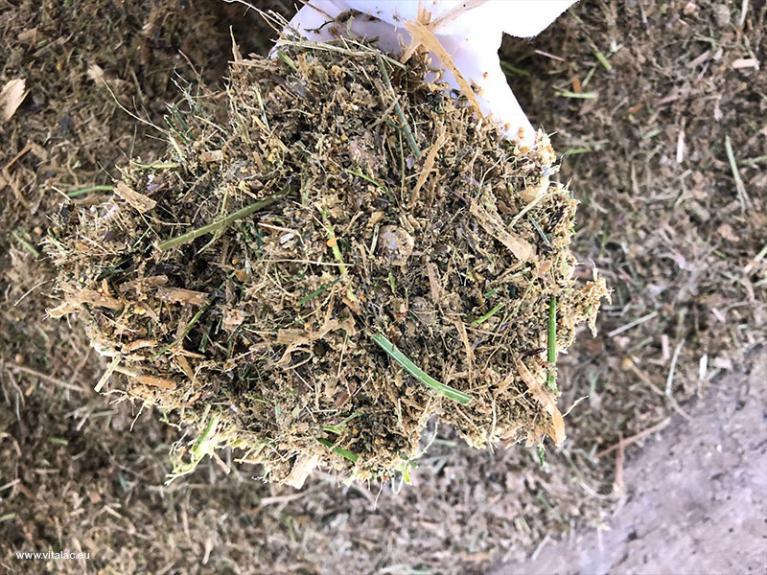- Dairy and beef cattle
- Heat stress
- Ruminants
Adjust the mineral nutrition to help cows overcome the heat
Heat causes a wide range number of metabolic disorders in cattle. Two adaptation strategies give good results in the prevention of heat stress related problems: increase the cation-anion balance in the ration, add chelated minerals.
Intense heat
Advice from the Vet
In cattle, heat stress disrupts rumen function, decreases salivation and tends to acidify the blood. The body's buffering capacity - i.e., its ability to maintain a pH in equilibrium - is under severe strain. It is imperative that cows are given enough support to get through the hottest months.
Be careful though, because the combined effects of metabolic and ruminal acidosis can have a very negative impact on performances, growth, reproduction or immunity. In the worst case scenario, they may even result in death!
Boost the sodium and potassium levels in the ration
Adjustment of the mineral nutrition is at the top of the list of solutions to be put in place. By increasing the dietary cation-anion balance (DCAB) trough the use of sodium and potassium supplements, it becomes possible to prevent metabolic acidosis together with compensate for the deficit in sodium and potassium, eliminated via urine and perspiration during episodes of heat stress.
Kactus®, a supplement developed by the nutrition company Vitalac, restores both the buffering capacity of the blood and that of the rumen by supplying specific form of Na and K ions. The goal is to bring the DCAB up to +300-350 mEq/kg of DM with a K content of 1.5 to 1.8% and Na content of 0.3 to 0.4% in the DM.
Its formula enriched in magnesia and plants extracts also helps control oxidative stress. Kactus® is used as a periodic treatment as soon as the first hot days arrive, at a dose of 100 or 200 g/d/cow.
Various monitoring results of dairy farms have highlighted a return on investment of €130/cow and per summer, i.e. 5 Euros gained for 1 Euro spent. In terms of performances, Kactus® improved feed intake from 1 to 2 kg, milk production from 2 to 4 kg, while preventing the decreases in BT, something that is common during periods of heat stress.
Chelates to prevent “leaky gut” syndrome
The utilization of chelated minerals in the diet also prevents leaky gut syndrome, which is common when animals are suffering from heat stress. Weakened, the intestinal epithelium lets various toxins pass into the blood. The ensuing inflammation results in an activation of the immune system. When mobilized, white blood cells consume a lot of glucose. Logically, the cow's energy needs increase even though its intake decreases. The animal finds itself energy deficit.
Chelated micronutrients, which are easily assimilated, strengthen the intestinal barrier and limit of the appearance of this leaky gut syndrome. The use of yeast products and/or mycotoxin binders also helps keep the rumen and intestinal environment healthy throughout the summer.



